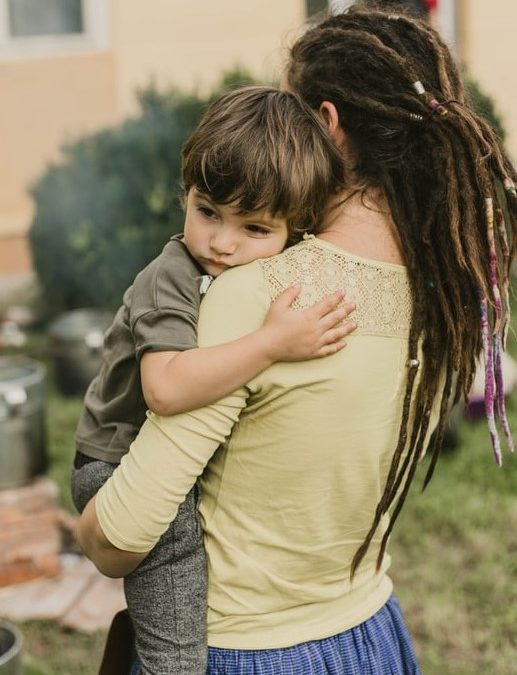Children and anxiety
Article courtesy of Morneau Shepell: https://www.travailsantevie.com/Article/Read/children-and-anxiety
We all experience some degree of anxiety when faced with stressful or frightening situations. Children are no exception. A little anxiety prior to a new experience or test of abilities is not usually anything to worry about. Children’s anxieties sometimes get out of hand, resulting in distressing, irrational fantasies and fears. These can range from fear of monsters under the bed to extreme nervousness over separation, new situations or a range of perceived horrors, from spiders to dogs.
Tips and tools you can use
Anxiety is defined as a response of fear or worry which goes beyond what the situation calls for. When anxiety seems to be getting in the way of your child’s enjoyment of life or healthy development, it’s time to seek help. Try not to become too anxious yourself—anxiety is usually manageable with a little advice from your child’s doctor and a few simple strategies. Here are some tips to help you get going:
Typical anxieties
3 to 7 years. Fantasy fears such as ghosts, monsters, and scary noises and being alone in the dark. Natural disasters such as thunderstorms, floods and earthquakes. New experiences, including starting school.
7 years and over. More realistic fears such as car accidents, death, illness, school and social problems, war and natural disasters.
Signs of anxiety
- Chronic worries about specific situations, people, noises or objects
- Withdrawal
- Frequent crying or sadness
- Unusual irritability or displays of anger
- Difficulty sleeping or insomnia
- Headaches, stomach aches or chest pain
- Shaking, dizziness, racing heart and shallow breathing
- Sweating and flushing
- Ability to function in everyday life is becoming affected
Helping your child relax
- Encourage your child to talk about their feelings while emphasizing that it is not the child’s fault.
- Reassure your child that physical symptoms, such as stomach aches, are not due to any more serious illness.
- Avoid pressure and give your child quiet time when anxiety is high.
- Follow a regular bedtime routine to encourage good sleeping habits. Warm milk or soothing music or sound effects can have calming effects.
- Avoid caffeine stimulants such as cola, coffee or chocolate.
- Encourage exercise, which is a great stress buster.
- Ensure your child has a balanced, nutritious diet.
Some fears are a normal part of a child’s development and should be no cause for serious concern. But real, persistent anxiety can be debilitating and can lead to other conditions. By paying attention to some of the signs above, you can learn to better understand when something is just a passing fear, and when a bout of anxiety signals a need for more serious attention.
For more great articles on Mental Health & Anxiety: https://www.travailsantevie.com/Home/Navigate?arg1=099c1786-920b-43f6-bd60-e2935d94ba2a
